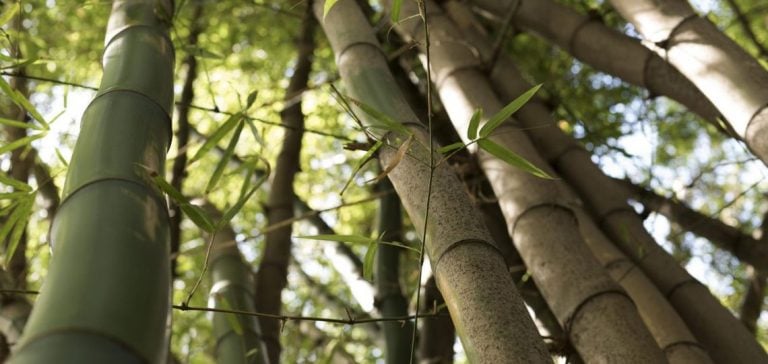Haffner Energy, a major player in the production of renewable hydrogen, announces a strategic partnership with Bambbco, a French bamboo supplier.
The aim of this collaboration is to diversify biomass supply by integrating bamboo, a resource particularly suited to marginal and degraded lands.
Bamboo offers a credible alternative to traditional forest residues, meeting the growing needs of the energy and industrial sectors.
Biomass is essential to the energy transition in France and Europe.
However, it faces a number of challenges, not least conflicts of use between food and energy production.
This partnership with Bambbco makes it possible to exploit specific crops such as bamboo, which do not compete with traditional agriculture.
Bamboo is grown on degraded soils that are unsuitable for agriculture, making it an interesting resource to meet the needs of Haffner Energy’s energy projects.
Bamboo: a viable solution for biomass production
Bamboo is a plant with exceptional characteristics for biomass production.
Compared with conventional wood residues, it can generate up to four times more material per hectare.
What’s more, it is highly resistant to harsh climatic conditions, making it ideal for arid or overgrown areas.
These properties position Bambbco as a key supplier for Haffner Energy’s projects, which require reliable and abundant biomass sources for its thermolysis technology.
This technology converts organic and plant residues, including bamboo, into renewable hydrogen and clean fuels.
The thermolysis process also generates biocarbon, a by-product capable of sequestering CO2 in a sustainable manner.
The inclusion of bamboo in this process contributes to the diversification of raw materials, reducing dependence on forest residues and conventional crops.
Economic and industrial impacts
In economic terms, this partnership should offer significant advantages to Haffner Energy by securing the supply of biomass at competitive costs.
Biomass production from bamboo, thanks to its rapid growth and resilience, ensures continuous production throughout the year, regardless of climatic conditions.
This reduces seasonal price fluctuations, a variable that is often difficult for manufacturers to anticipate.
From an industrial standpoint, bamboo offers additional flexibility.
Cultivated on land that is often unused, it can be used to enhance the value of these areas and generate economic activity, while at the same time meeting energy needs.
Haffner Energy can thus extend its projects to new geographical areas, without having to rely on traditional biomass resources.
It also strengthens its position in the renewable hydrogen market, where the supply of raw materials plays a key role in competitiveness.
Diversification strategy and international outlook
The partnership with Bambbco is part of a wider strategy for Haffner Energy to diversify its biomass supply.
Earlier this year, the company signed a similar agreement with Hexas, an American company specializing in the development of XanoGrass, another energy crop.
By diversifying its biomass sources, Haffner Energy is better able to respond to market fluctuations, while reducing supply risks.
Bamboo’s potential as a biomass source is not limited to France.
Bambbco’s ambition is to develop its projects internationally, particularly in Europe, where bamboo is not yet fully recognized for its industrial advantages.
This partnership could pave the way for wider adoption of bamboo in renewable energy projects across the continent.






















